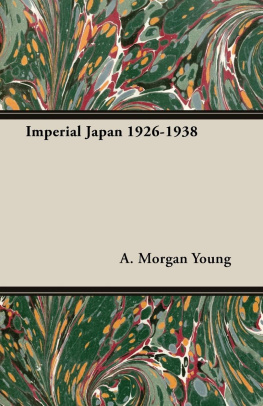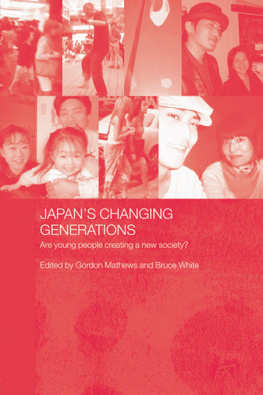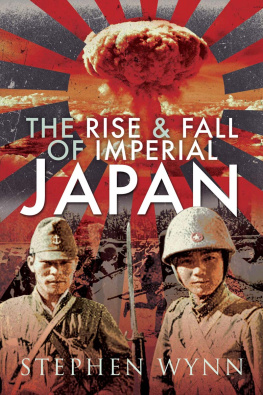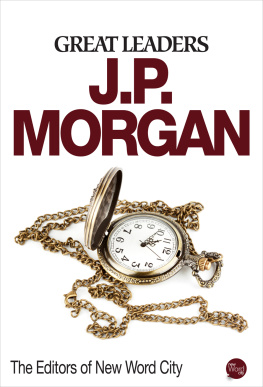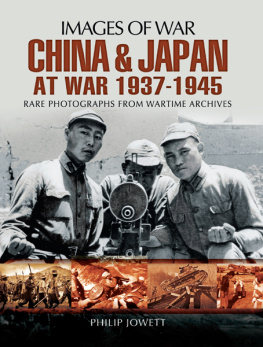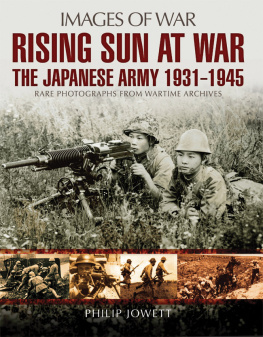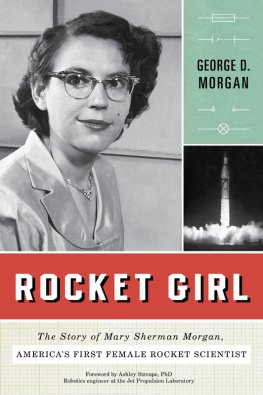PREFACE
MANY are the books on Japan: they mostly follow a prescription, reviewing different aspects of a country which is strangely unlike the lands of Christendom, though it has entered into economic competition with them. I have here tried to present something rather different. Encouraged by the fact that Japan in Recent Times, 1912-1926, has been found useful by other makers of books as well as by readers who sought to increase their knowledge, I have attempted here to present a sequelthough it is only part of the same story in the sense that it continues the record. A reign that seemed likely to be quiet and humdrum has proved so full of happenings that it has been difficult, even at slightly greater length, to record these eleven years as adequately as the previous sixteen. But for readers who would like the facts rather than my gloss upon them, here is a book full of them. During ten of the eleven years I was seldom absent from the editorial desk of the Japan Chronicle, so there was little about current events that did not come my way, and I have tried to select from the mass the most significant and most closely related. Sometimes so many things were happening at once that it has been impossible to observe a strict chronology and the subject rather than the date has had to be considered.
As in my previous book I have adhered to the Japanese custom of putting the surname first and the personal name after; also, where titles are concerned, I have used the highest attained instead of explaining that the Mr. of one day was the Baron of the next.
CHAPTER I
A NEW ERA
FOLLOWING a Chinese custom, Japan begins a new era with each reign. When the Taisho era ended on Christmas Day, 1926, Taisho was made the posthumous name of the deceased Emperor, and the new era was named Showa. Taisho meant Great Righteousness, and the reign of sixteen years had been distinguished by the number of scandals and the greatness of the corruption in its history. Showa might be translated Peace made Manifest, and was to be marked by a constant prating about Japans sacred mission of keeping the peace of the Far East, and by a progressive breaking of that peace and a cynical disregard of truth and justice.
Yet the reign began with a sense of disillusionment and almost of exhaustion. The damage caused by the great earthquake of September 1923 was only partly repaired, and Mr. Inoue Jonnosuke, who had been Governor of the Bank of Japan and was to be Finance Minister, declared early in 1927 that the 400,000,000 profit which Japan had made out of the Great War, had been frittered away and not left a trace. There was so much hardship and it was so hard to get money that this may have seemed to be the case, but actually the war profits had transformed the economics of the country, and had changed it as completely as it was changed by the revolution of 1868.
Apart from economic effects, Japans prestige in the world was enhanced; she took part in the councils of Europe to a degree never formerly imagined, and the Washington Conference in 1922 had given her the hegemony of Northeastern Asia. For the first time there was a government which might be called democratic. Its leading spirit had been Mr. Hamaguchi, an honest and courageous Finance Minister, with Gladstonian conceptions of economy. He had already suffered in health through his fight for sound finance, and on the death of his Chief, Count Kato, had taken the Home portfolio. But this change did not end the struggle against the armys demands for more and more money, for the experiences of the Great War had led to new and more expensive ways of fighting, and Japan had found herself behind the times.
Another very notable character in the Kato Cabinet was Baron Shidehara, the Minister for Foreign Affairs. It is not too much to say of Baron Shidehara that he is the only modern statesman in Japan whose will and conscience bade him deal fairly by China and whom opportunity and courage enabled to do so. It was no easy task that he set himself, for, as the Chinese learnt the difficult business of becoming nationalistic, by which alone they could preserve the integrity of their State, they became increasingly difficult to deal with, for there were many points of friction, and they became less amenable. A desultory war between North and South was going on. So far there had been continuity of government at Peking, and though the Kuomintang, with its headquarters still in Canton, had a better claim to represent the people than had the Government in Peking, it would have been against Baron Shideharas principles of non-interference to accord it the recognition that it sought before it had really vindicated its claims.
The young Emperor of Japan came to the Throne in the closing days of 1926. The new year began portentously for China, though just what was portended nobody knew. The Kuomintang had fought its way northwards to Hankow, and there, on January 5, 1927, a Chinese mob swept through the British Concession with a mighty uproar. The totally inadequate force of marines that had been landed from a British warship found itself worse than useless. It is possible that resolute gunnery would have dispersed the mob, but the officer in command saw that there was a directing power behind this seeming disorder, and refrained from action. With heroic self-restraint the marines endured insult and assault. Mr. Eugene Chen, who was at that time the Foreign Minister in the Kuomintang Government, while disclaiming any incitement, undertook to call the mob off and protect the British residents so long as they made no attempt to protect themselves. There was nothing for it but to accept the offer, and the surrender of the concession logically followed, being effected by the ChenOMalley Agreement on February 19th.
That a history of the reign of a new Japanese Emperor should begin with an encounter in China between Chinese and British forces is not an irrelevant divagation. Mr. Engene Chen had a very strong bias against Britain, and succeeded, both in Canton and in Hankow, in alienating the sympathy of British officials from the Kuomintang. On the other hand, he had a confidence in Japan which could only have been justified had Baron Shidehara possessed a permanent tenure of the Foreign Office instead of a very precarious incumbency. His capture of the British Concession was a personal triumph, but it was not the way to achieve the succession of retrocessions which it was hoped would follow. He declared to one interviewer that had the British fired a shot, the whole community would have been exterminated, and to a representative of the Japanese news agency he said: We assure you that you may dismiss all apprehensions that the Kuomintang Government is planning to do the same thing in the Japanese Concession that it did in the case of the British Concession in Hankow. Such a thing is not dreamed of by the Kuomintang. But Chen was backing the wrong horse.
There had been a serious quarrel between Canton and Hongkong, and the possibility of exploiting this was being discussed in Japan, along with the chances of the Kuomintang being reasonable on the subject of Japans desires in Manchuria if Japan supported it in China, when Baron Shideharas speech on foreign relations at the opening of the Diet on January 18, 1927, put the whole Chinese question, for the moment, on a higher plane that it had hitherto occupied. Japan was anxious, he said, to see the re-establishment of order and security in China. Friendship for China dictated this wish, which was also necessary for the commercial interest of Japan. But the end could be attained only by Chinese initiative; compulsion from without could only do harm. Japan could only lend her support to Chinese endeavours and provide opportunity for their fulfilment. With this object in view she had prohibited the supply of arms and the advancement of loans that could be used for the promotion of civil strife. These restrictions were a necessary part of any sincere non-intervention. China must devise her own internal policy and appoint her own governors. Success in these tasks would promote her prestige beyond her own borders; but China had a historical background of several thousand years; she had a national life peculiarly her own; and no imposition upon that national life of political or social institutions devised by foreign nations to suit their own convenience could possibly succeed. Nor could it be imagined that the Chinese would long acquiesce in foreign intervention or submit to foreign dictation. In any case, whatever institutions China might adopt for herself, Japan, with her own history and her own ideals, would have the will and the capacity to uphold her own system of government immutable for all ages.


